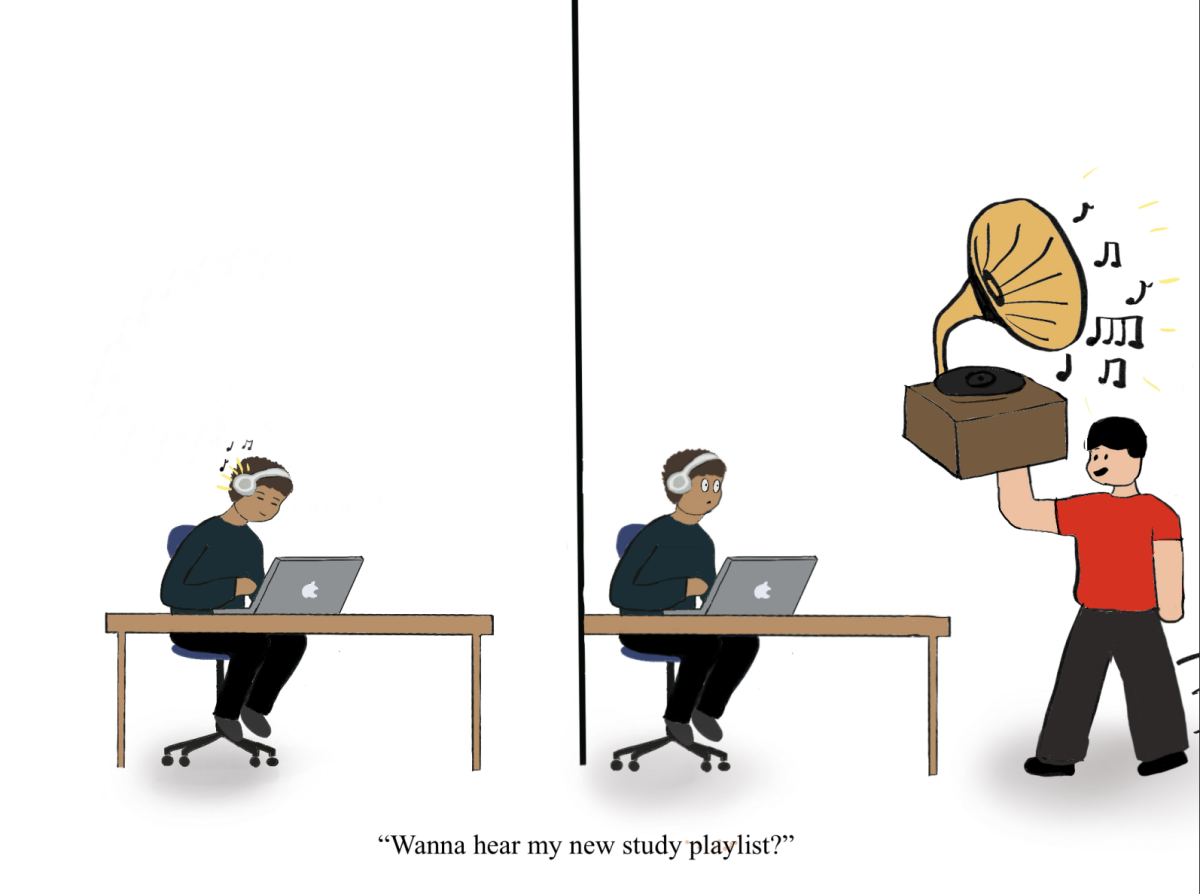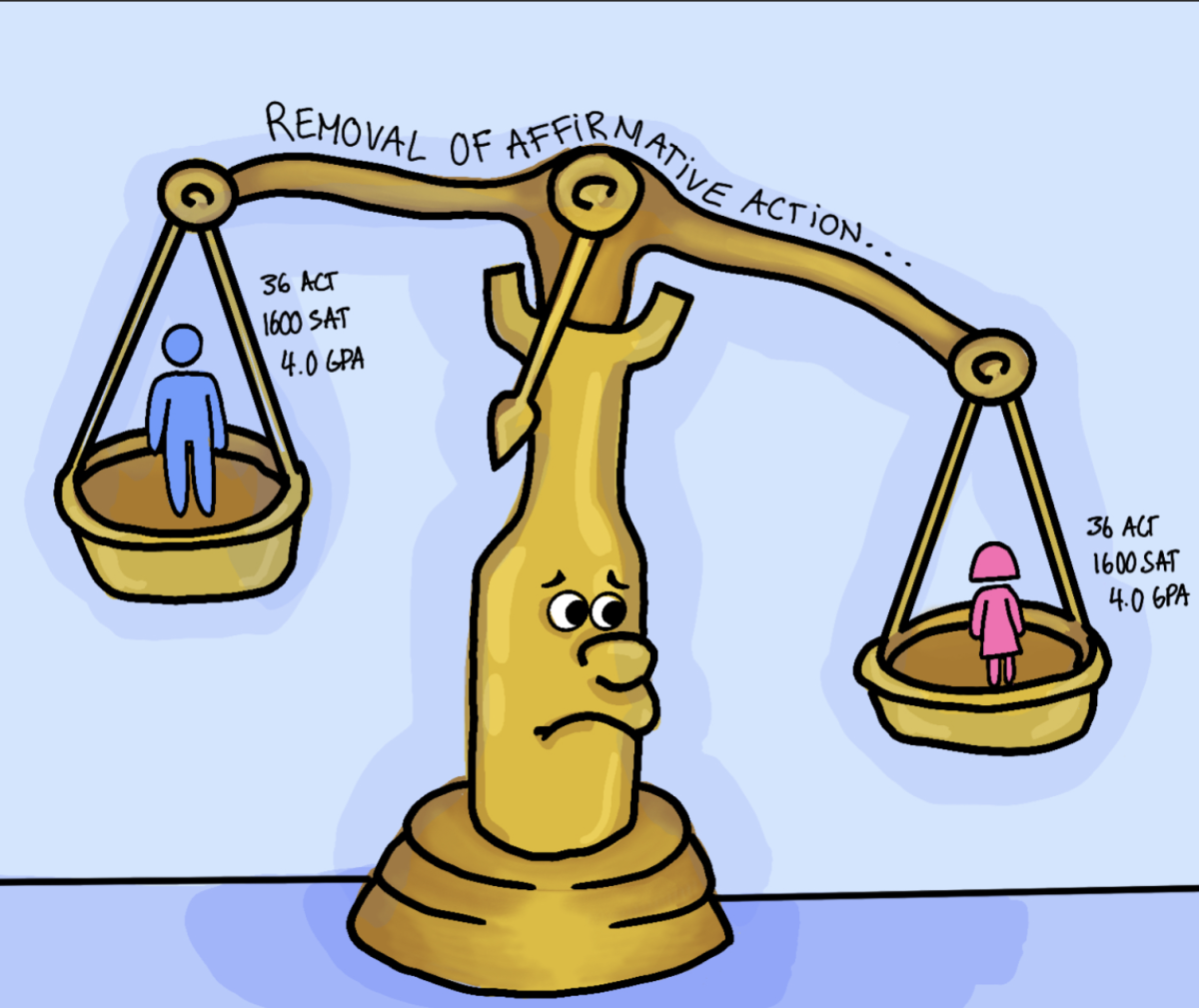Mamaroneck High School is a tense environment in late April and early May. The cause of this tension: Advanced Placement (AP) Exams. AP exams are standardized tests given to high school students who take AP courses. Tests are graded on a five-point scale and high exam scores allow students to fulfill course requirements and receive credit at many universities. Thus, in an attempt to obtain this credit, juniors and seniors brace themselves for two of the most intense weeks of the academic year, a time filled with late-night cramming and constant anxiety.
While AP students are burning themselves out studying for their exams, many non-AP classes continue to assign tests and essays, adding another level of anxiety. This raises the question of whether non-AP classes should adjust their schedule for students taking AP exams or continue as usual.
When AP season rolls around, students find themselves juggling the demands of an average of two AP exams. Some teachers are mindful of the workload they assign and spread out lessons or practice project-based learning. Other teachers continue to assign tests, projects, and homework, ensuring they finish the curriculum. This work intensifies student stress, overwhelming them as they try to manage their countless academic responsibilities. Instead of providing relief, these non-AP teachers cause unnecessary stress during an already demanding time.
In addition to the academic demands consuming students’ time, AP exams are scheduled right in the middle of the busy spring sports season. A junior on The Globe explains, “We’ve had so many rain cancellations earlier in the season, that now we have five games in six days.” This leaves him, along with many others, with little time to study for their AP exams, much less complete hours of homework and assignments for non-AP classes.
The overlap of AP exams, regular assignments, and extracurriculars creates burnout, leaving little time for social activities. Another junior shared that she had a difficult math test just two weeks before her AP exams. She said, “I spent the whole weekend glued to my desk, dedicating my time to study for a math test instead of getting a head start reviewing for my upcoming AP exams.” During this stressful time, students need opportunities for relaxation. Using a larger portion of class time to do work instead of assigning the work for home could help reduce overall student stress.
While supporting students during this stressful time is essential, expecting teachers to halt their curriculum may be unfair. After all, students voluntarily take AP classes, fully aware that these courses have a heavier workload and require more intensive exam preparation.
Another staff member notes, “Walking into the start of my APs in September, I was fully aware of my responsibilities and what I signed up for.” Should a non-AP teacher be forced to derail their schedule because their students decided to take a rigorous schedule? The answer is unclear.
Having to manage all of this work could be good preparation for the workforce, as many careers will require meeting many demanding deadlines and managing multiple tasks at once. Finding a balance between supporting AP students while maintaining their responsibilities in non-AP classes is needed for student mental health.








